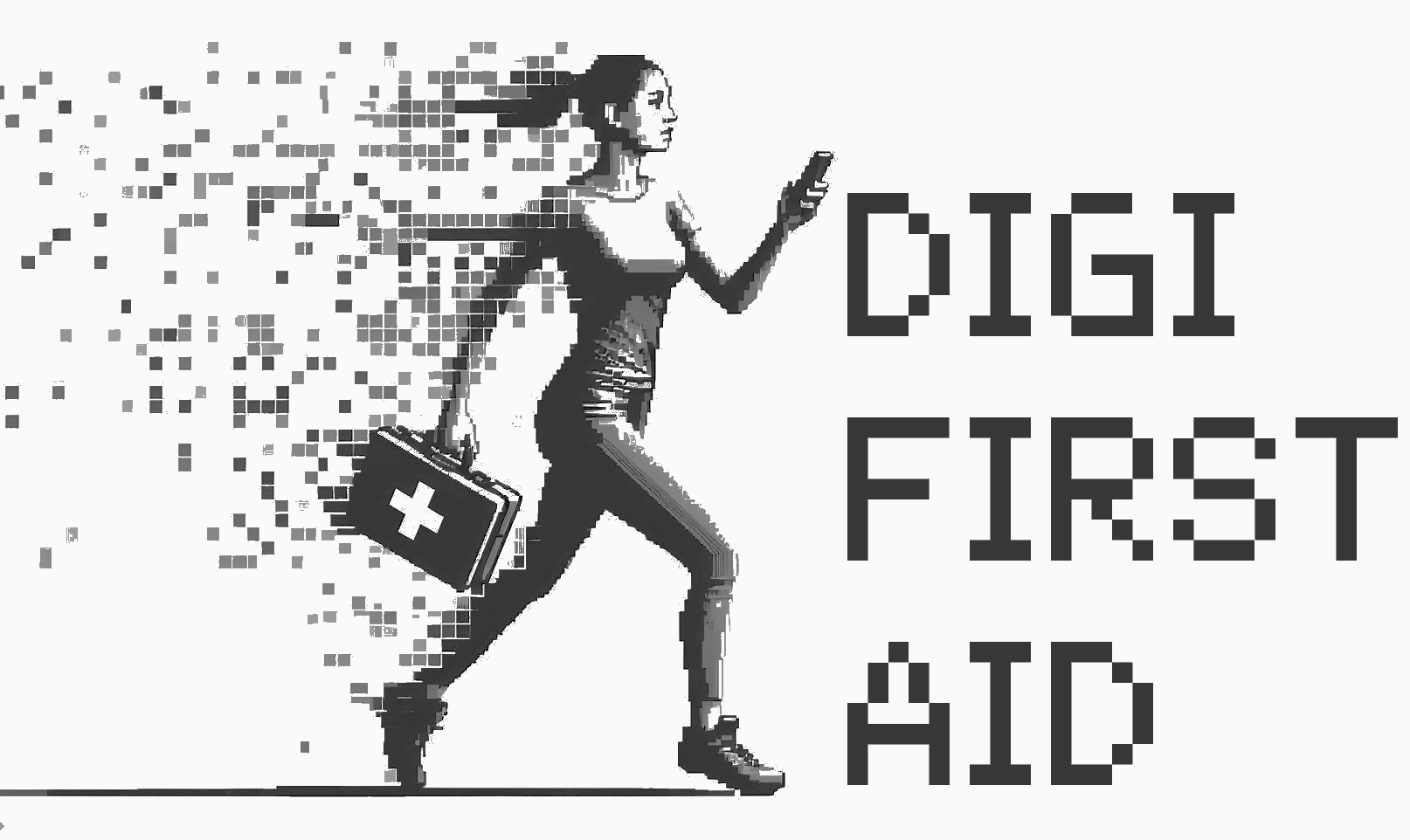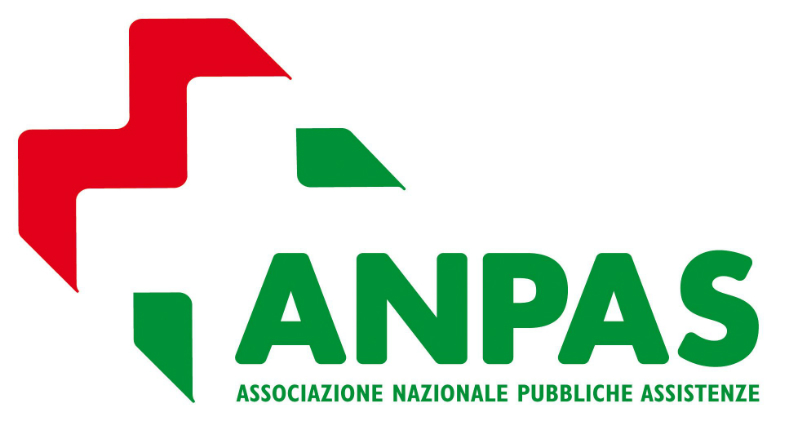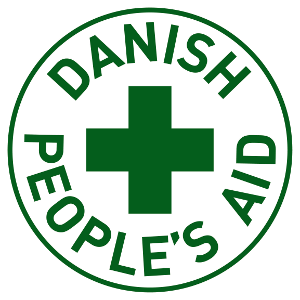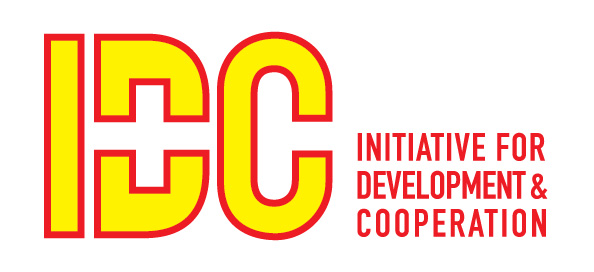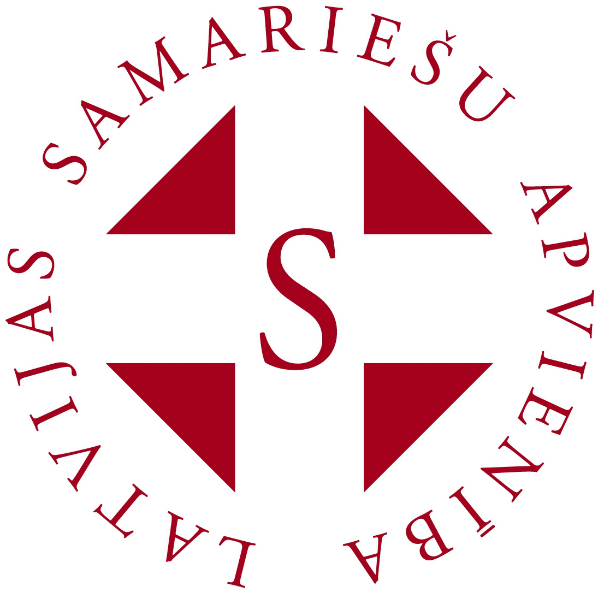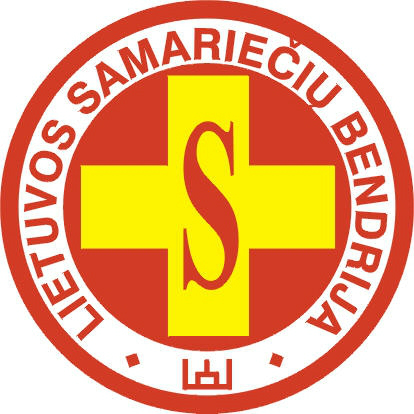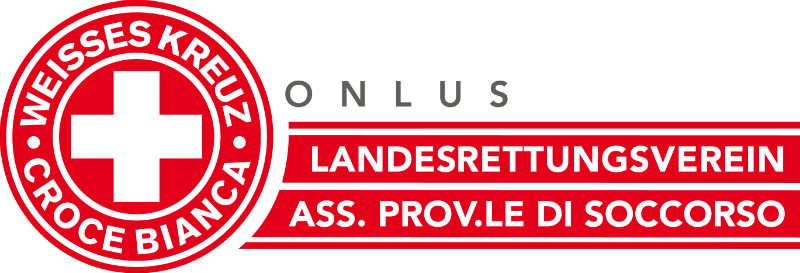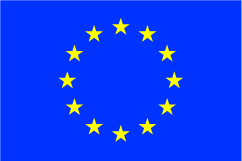Practice Report: E-Learning platforms and technological support of practical training at White Cross, South Tyrol
Posted on |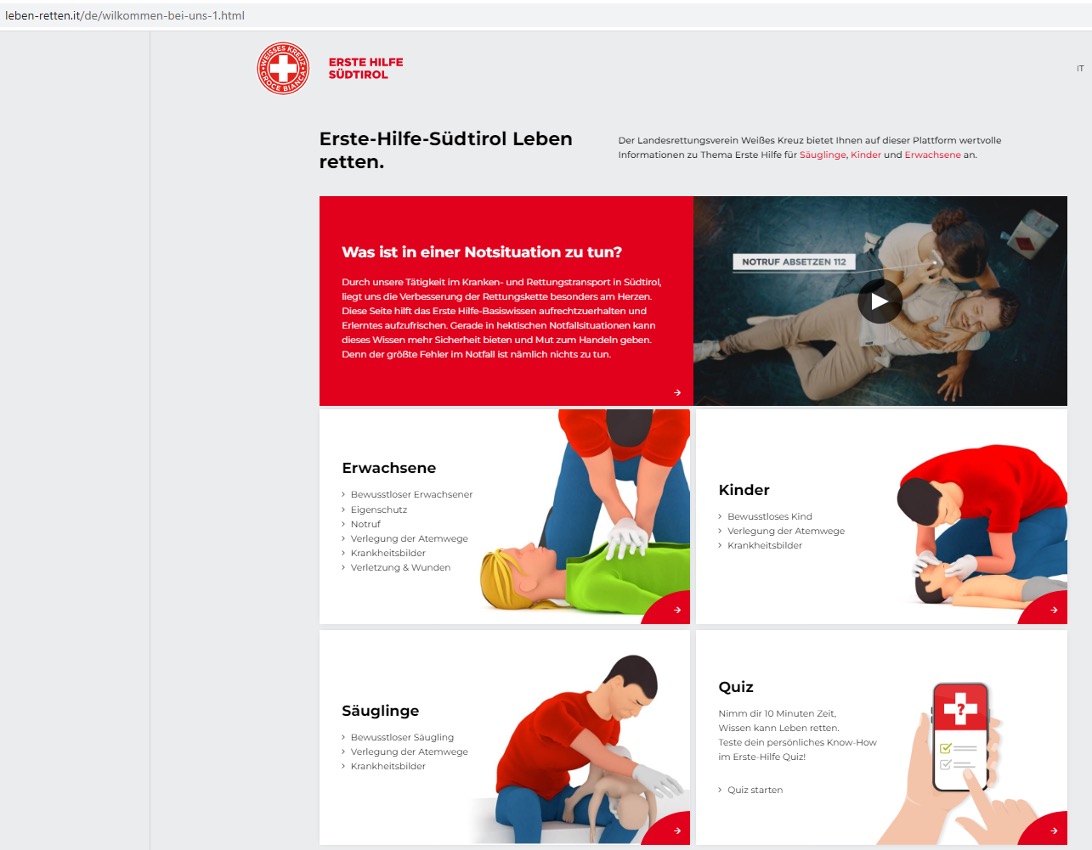
The White Cross was founded in August 1965 by a number of private citizens. The overriding aim was to be able to provide first aid to people in emergencies as quickly as possible and transport them to the hospital. This pioneering era has since evolved into a modern aid organisation with over 3,800 volunteers and more than 500 full-time employees working in civil defence, emergency rescue, patient transport, social services and many other fields of activity. Another very important area is the training of first aiders and paramedics.
Over time, the content and technical aspects of many course formats have been continuously adapted and further developed to meet the specific needs of participants. At the end of 2015, an attempt was made to digitise some of the theoretical course content for paramedic training for ambulance transport. An external software company was commissioned to develop a platform for this purpose. Access should be simple and intuitive for all helpers. As the training department, we very quickly realised that this was not an easy task to complete. A lack of technical expertise, a lack of knowledge to prepare training texts in a pedagogically meaningful way, but also problems with the interfaces to existing programmes stretched the development time to 2 years. The result was satisfactory, but the acceptance of the trainee helpers to obtain the knowledge via the platform was limited.
During the Covid-19 pandemic, we tried to continue the internal training of our paramedics in order to guarantee the best possible staff coverage of the services. The platform performed very well during this time, despite all the early mistakes. The meetings of the helpers for the practical exercises could be held well and safely in small groups with a reduced number of participants. However, the time was also used to rent a new ILIAS-based platform from an external company. Digital skills were strengthened by training our own trainers, laying the foundation for the in-house creation of learning materials on the WK Academy. This platform is now used to offer SCORM learning modules, hold webinars, provide training in occupational safety and was even used to program and activate a training course on how to carry out Covid-19 rapid tests professionally for external users.
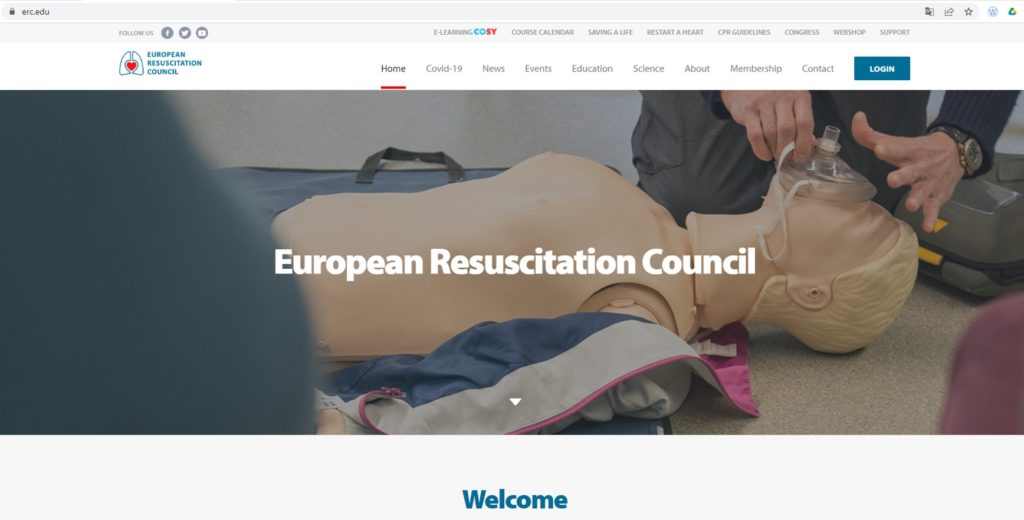
As a certified training centre of the ERC (European Resuscitation Council), our BLSD courses can be offered via the ERC’s “Cosy” course platform. Participants work through the theory in self-study, followed by practical certification in practical stations in small groups of up to 6 people.
In recent years, a dedicated website has also been launched for the general public and all interested parties. Educational films, documents and a first aid quiz are available free of charge at www.leben-retten.it. Digitisation has made it possible to disseminate knowledge much more widely and quickly and we would like to develop even more high-quality documents and services in this area over the next few years.
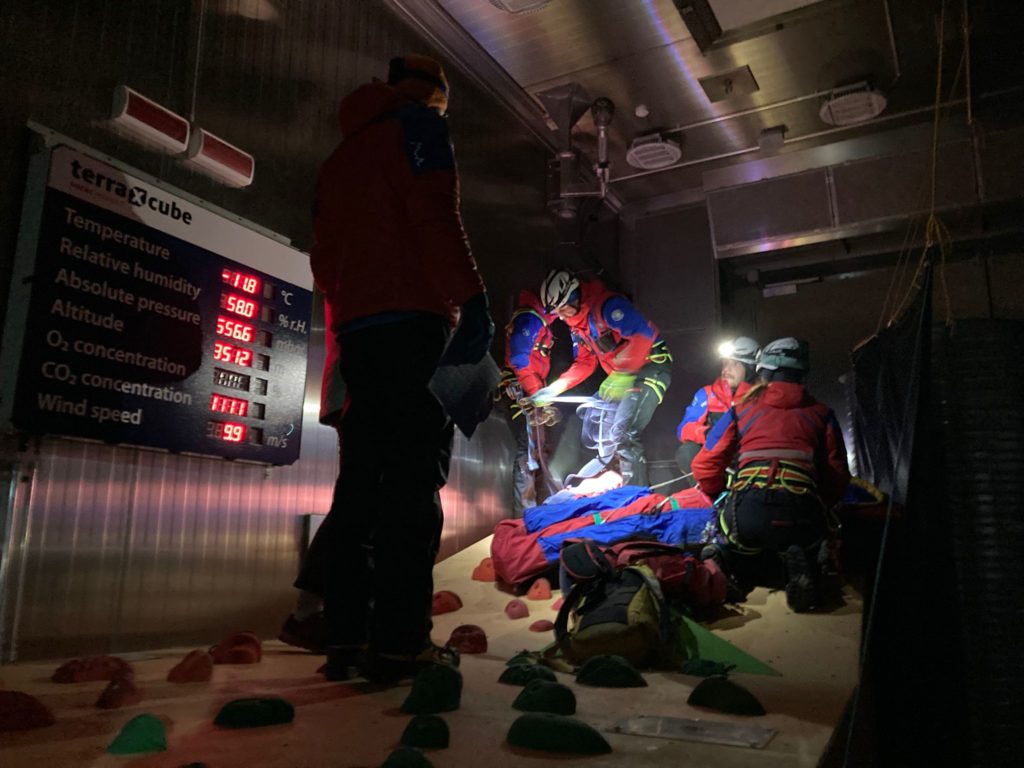
Another important project is the collaboration with the EURAC research centre in Bolzano. As a scientific institution of the University of Bolzano, which is primarily active in emergency research under difficult climatic conditions, joint projects are to be developed in the future. VR technology and realistic simulations of deployment sites are to be increasingly utilised. Bolzano has its own climate chamber for this purpose, which can simulate a wide range of parameters.
Finally, we would like to emphasise that digitalisation in first aid training will be a very important step into the future. Despite various initial difficulties, we have not been discouraged from pursuing ideas further. It takes a lot of expertise, which you first have to acquire or buy from external experts, and a lot of patience. But with clear goals and a lot of conviction, you can achieve good results.
